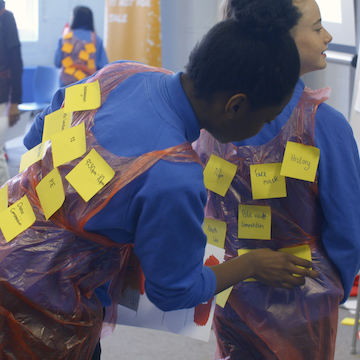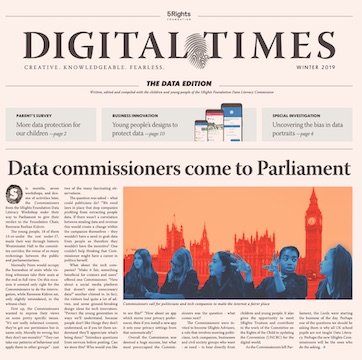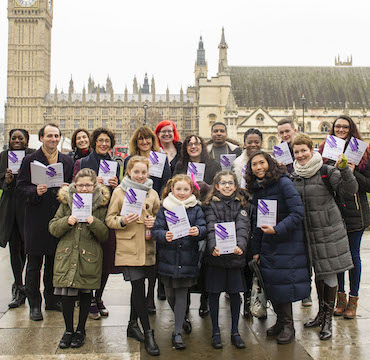Data Literacy
Children and young people want and need to participate in online environments knowledgeably, creatively, and fearlessly. Their education must empower them to do this.
Problem
Almost every aspect of a young person’s life is mediated and augmented by digital technology. It co-authors their opinions, fashions their identities, influences their behaviour, affects their mood and mental health, plays host to their relationships, and complements their education.
Policymakers are too quick to assume that children and young people’s status as ‘digital natives’ reduces the need for digital understanding and have focused too narrowly on safety and risk. Digital literacy is often reduced to a set of ‘stranger danger’ messages that fail to engage students or reflect the realities of their digital use.
Many of the issues that impact on children and young people’s digital experience are absent from their education, including online targeting and personalisation, how their data is collected and used, or how persuasive design nudges and influences their online activity.
Solution
From an early age, children and young people must be enabled to engage with the digital world not just as users and consumers but also as makers, confident and skilled enough to critique the services they use, grasp the underlying motivations of actors in digital spaces, create digital content, and manage new social norms.
“There should be some sort of education in the general education system not about all the sort of cyber-bullying and stuff, but just generally about how the internet and companies on the internet work and they’re not necessarily doing everything in your favour”. Member of 5Rights Youth Juries
What is 5Rights doing?


